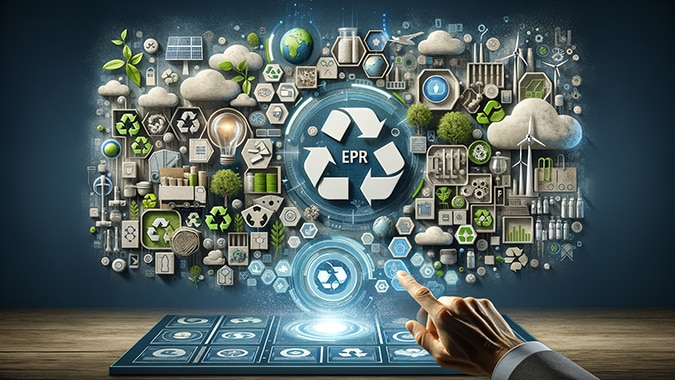A Senate committee this week once again postponed action on legislation that would require producers of packaging products, and manufacturers that use these products, to implement plans aimed at reducing the amount of packaging disposed in landfills.
NJBIA opposes the legislation, S-3398, known as the Packaging Product Stewardship Act, as overly burdensome on businesses, impractical and unworkable. Specifically, NJBIA objects to setting arbitrary amounts and deadlines for packaging reductions and bans on the use of certain chemicals in packaging. Business groups also oppose the bill’s prohibition on advanced recycling, which they say is the best opportunity to meet recycling and source reduction goals for plastics.
The Senate Environment and Energy has held several hearings to date on the complicated bill in which supporters and critics have asked for amendments. The committee had intended to release a committee substitute bill on Monday that addressed the extensive feedback received from stakeholders at its Dec. 12 hearing, but action was postponed again.
“I thought we made tremendous progress since the last meeting – sounds like we didn’t,” Senator Bob Smith, the committee chair and the sponsor of the legislation, said Monday.
Smith said the “continuing saga of EPR” (Extended Producer Responsibility) would be back before the committee at its next meeting on Feb. 10.
The legislation would require certain manufacturers and distributors of products that utilize packaging to adopt and implement plans to decrease the amount of packaging that is disposed of as solid waste, and to pay an annual surcharge to the state, the proceeds of which would be used to improve the state’s recycling system.
At Monday’s hearing industry representatives asked for an exemption for packaging used in business-to-business transactions, as other states have done, because that packaging is reused and doesn’t typically get thrown out by consumers. An exemption was also requested for some types of coatings, which is already being addressed in a separate EPR bill for paint.
Concerns were also expressed about the 50% source reduction goal for single-use plastics within 10 years, which the business community views as overly ambitious and unworkable.




